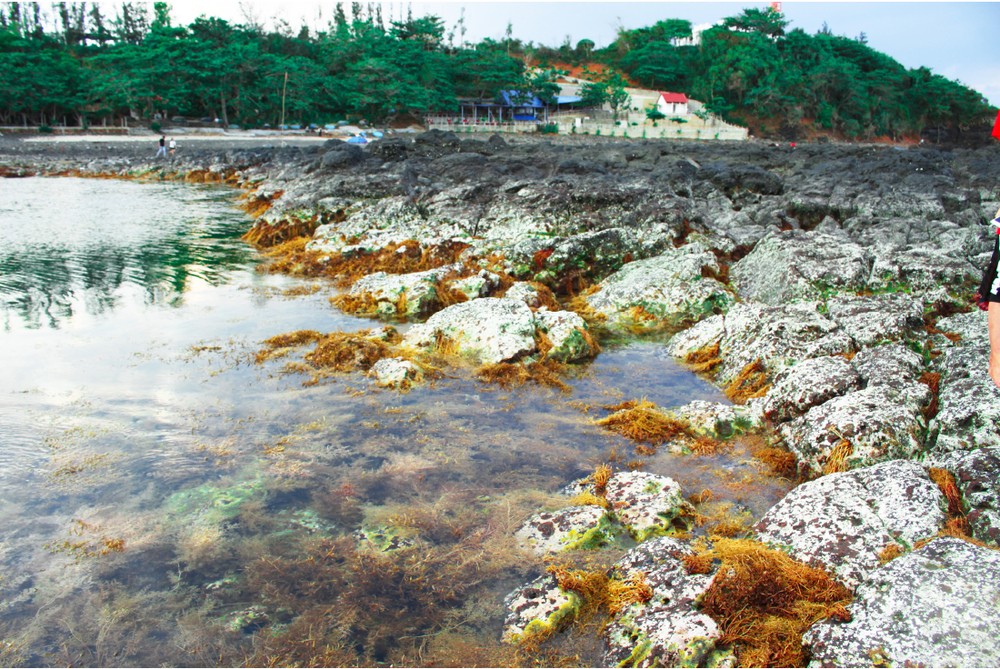
With a view to spurring seaweed cultivation, the ministry will submit a proposal to the Prime Minister to develop seaweed as a major product in the seafood industry.
According to General Director of the MARD's Directorate of Fisheries Tran Dinh Luan, Vietnam had some 16,500 hectares of seaweed that yielded 150,000 tons in 2023.
Green caviar and Kappaphycus alvarezii plantation respectively gained farmers some VND150-200 million (over US$6,100 – US$8,100), and VND60-80 million per hectare.
The country has more than 887 kinds of natural seaweed with 88 varieties holding economic value that can be grown on a potential area of 900,000 hectares.
With the global market growing 10 percent per year and a green consumption boom, the seaweed sector holds huge potential for further development. Kelp is an amazing carbon dioxide absorber. It is able to take in five times more carbon than most land-based plants, creating an opportunity to sell carbon credits through its cultivation.
However, Luan pointed out several challenges of the sector, with a shortage of cultivation standards, environmental pollution and climate change to name as a few.
In the coming time, the sector will focus on the nearshore plantation of green caviar and gracilaria verucosa from the north central province of Thanh Hoa to the south central province of Binh Thuan. It will also develop offshore cultivation of Kappaphycus alvarezii and imported varieties in the northern province of Quang Ninh and Hai Phong city, the central provinces of Quang Ngai, Phu Yen, Khanh Hoa, Ninh Thuan and Binh Thuan, and the southern provinces of Ba Ria – Vung Tau, Ca Mau and Kien Giang.
























